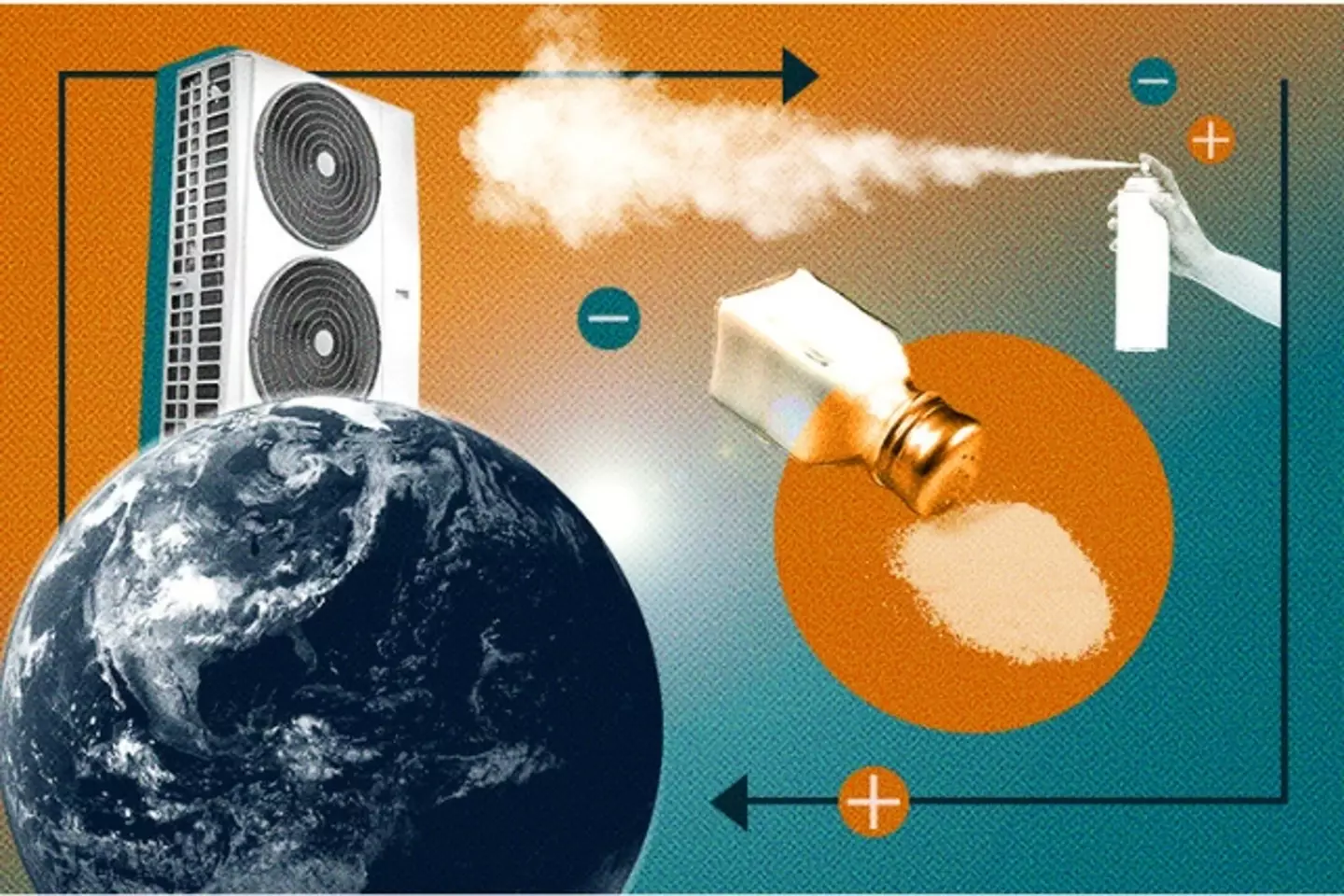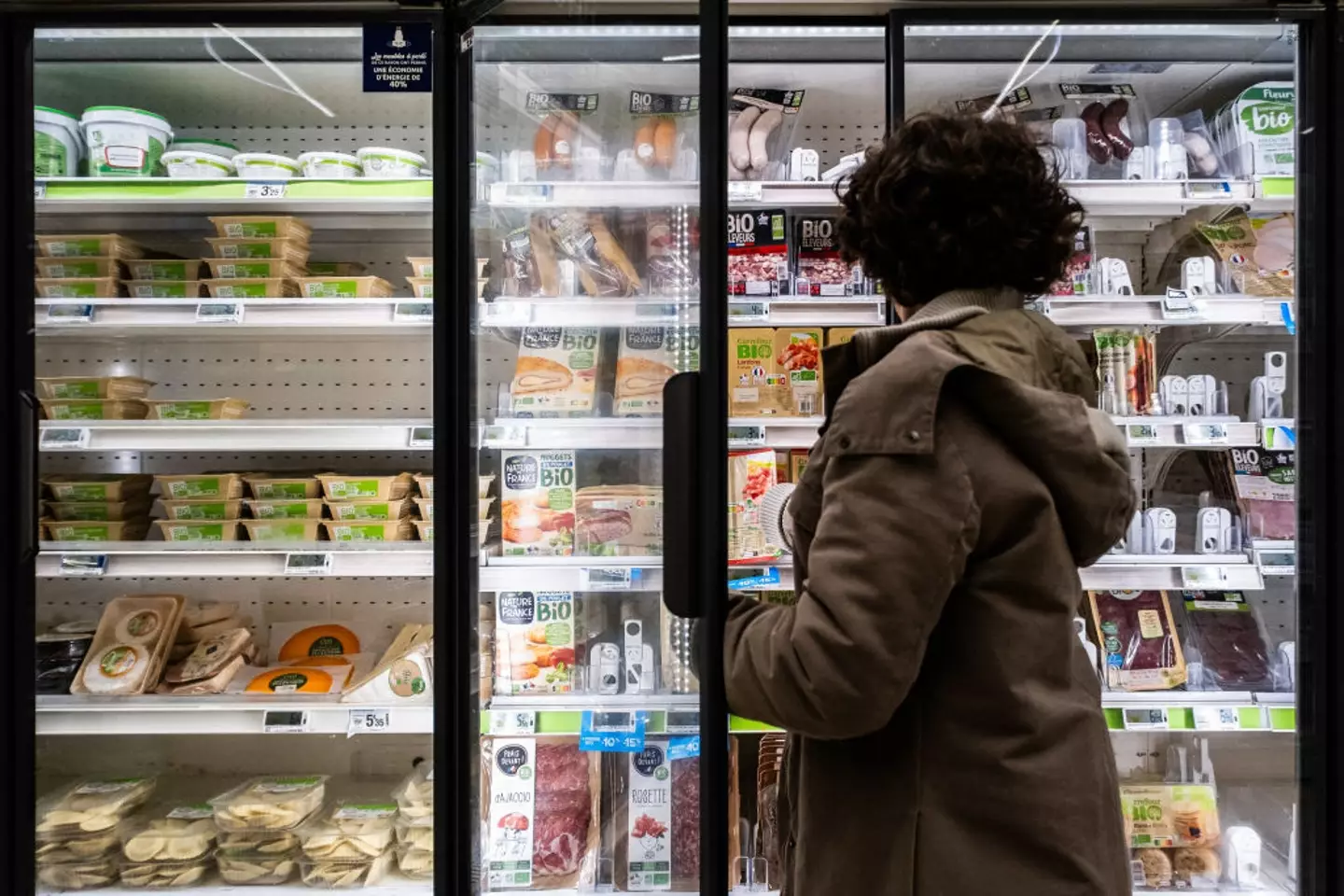
Researchers have developed a new way to refrigerate things.
It's called ionocaloric cooling and not only is it pretty neat, it's much better for the planet.
A team of scientists from Lawrence Berkeley National Laboratory and UC Berkeley first introduced this idea last year. They showed that moving ions with an electric charge could cool things down just as efficiently as traditional methods.
Most refrigerators and air conditioners work by using liquid refrigerants that absorb heat when they evaporate into gas. They then release that heat when they condense back into a liquid.
Advert
The problem is that this method of refrigeration is terrible for the environment - which is where ionocaloric cooling comes in.

"The landscape of refrigerants is an unsolved problem," said mechanical engineer Drew Lilley from the Lawrence Berkeley National Laboratory in California in January 2023.
"No one has successfully developed an alternative solution that makes stuff cold, works efficiently, is safe, and doesn't hurt the environment."
Advert
Iionocaloric cooling uses charged particles (ions) to change the phase of a material, which in turn absorbs or releases heat. The ionocaloric cycle also uses salt to change a fluid's phase and cool its surroundings.
"We think the ionocaloric cycle has the potential to meet all those goals if realized appropriately," Lilley added.
In their experiments, the scientists used a salt made of iodine and sodium to melt ethylene carbonate, which is commonly found in lithium-ion batteries. Because it inputs carbon dioxide, the entire refrigeration system could not just be GWP (global warming potential) zero but actually GWP negative.

Advert
The results impressively showed that the system could drop temperatures by 25°C (45°F) using less than a single volt of electricity.
Currently, the vapour compression systems used in refrigeration processes rely on gases that have high GWP, such as hydrofluorocarbons (HFCs) - and so aren't sustainable solutions.
"There are three things we're trying to balance: the GWP of the refrigerant, energy efficiency, and the cost of the equipment itself," expressed mechanical engineer Ravi Prasher from the Lawrence Berkeley National Laboratory. "From the first try, our data looks very promising on all three of these aspects."
For now, ionocaloric cooling is still in the research phase. However, the researchers are keen to get the technology out of the lab and bring them to a commercial scale-up.
Advert
"We have this brand-new thermodynamic cycle and framework that brings together elements from different fields, and we've shown that it can work," concluded Prasher.
"Now, it's time for experimentation to test different combinations of materials and techniques to meet the engineering challenges."